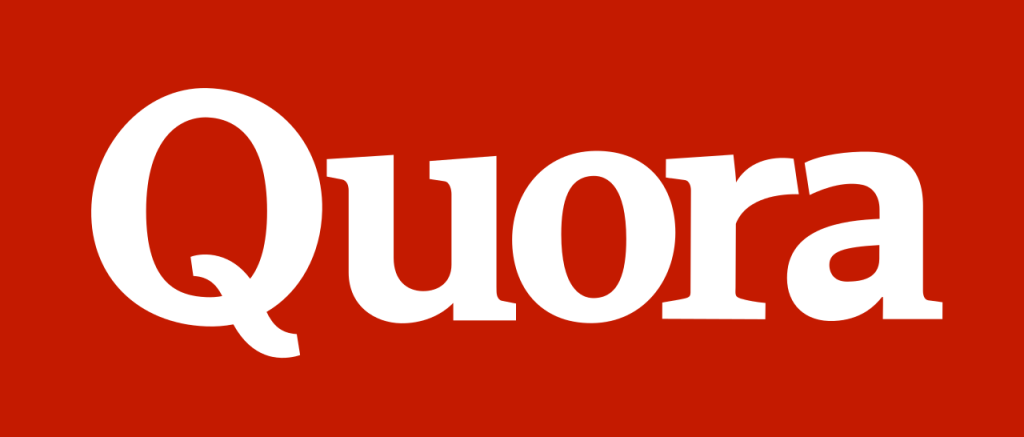 Hello, My name is Ashish Sangwan. I have done BTech in computer science from IIT Delhi (2003-2007). After that, I did masters in computer science from Georgia Tech, Atlanta, USA. Then, I worked for 4 years as a research engineer in a couple of startups. I started preparing for civil services exam in January 2013.
Hello, My name is Ashish Sangwan. I have done BTech in computer science from IIT Delhi (2003-2007). After that, I did masters in computer science from Georgia Tech, Atlanta, USA. Then, I worked for 4 years as a research engineer in a couple of startups. I started preparing for civil services exam in January 2013.
I was aiming for CSE 2014 but when the notification came out and they removed one optional, I aimed for CSE 2013 with mathematics optional. I secured AIR 607 in CSE 2013. I got 220/500 in this attempt as my mathematics preparation was average due to lack of time. In CSE 2014, I got 240/500 in maths and couldn’t get any rank. Again, there were some loopholes in my preparation which I tried to correct in CSE 2015. In CSE 2015, I got 284/500.
Why I Chose Mathematics?
I chose Mathematics because of two reasons. First, since childhood I have loved maths. Second, I did my BTech and masters in computer science but computer science is not an optional and the closest optional where I could use my knowledge of computer science was maths.
Maths is a great optional and once you have covered syllabus decently, you can expect basic minimum marks of 220 which are not guaranteed in humanities optionals.
However, syllabus is huge and you require about 1000 hours of study in total (daily 6 hours for 6 months) to complete most of the syllabus. This is enough for getting 220 score given current marking trend.
To score more, you have to consistently do practice. In this regard, joining a test series is must. I did not join test series in my first two attempts and thus was not getting great marks. This time, I joined ims test series and was satisfied with the level of mock tests. Along with practice, test series helps in finding out your strong and weak areas and thus helps in adapting preparation to score maximum marks.
I have done self study from various sources. I will share the sources soon.
Some Quick Tips
- Make it a habit to do maths study first thing in the morning as your mind would be most active and fresh at that time.
- While answering, don’t write small calculations. Do calculations in the rough area and just write main steps in the answer.
- his requires a lot of practice.
- It’s important to maintain a book of important formulas and theorems.
- Attempt compulsory questions 1 and 5 in about 70 minutes in the beginning.
- In optional questions. If you know all the questions, attempt the tougher questions to get more marks.
Ashish Sangwan
AIR-12 in CSE/IAS-2015

